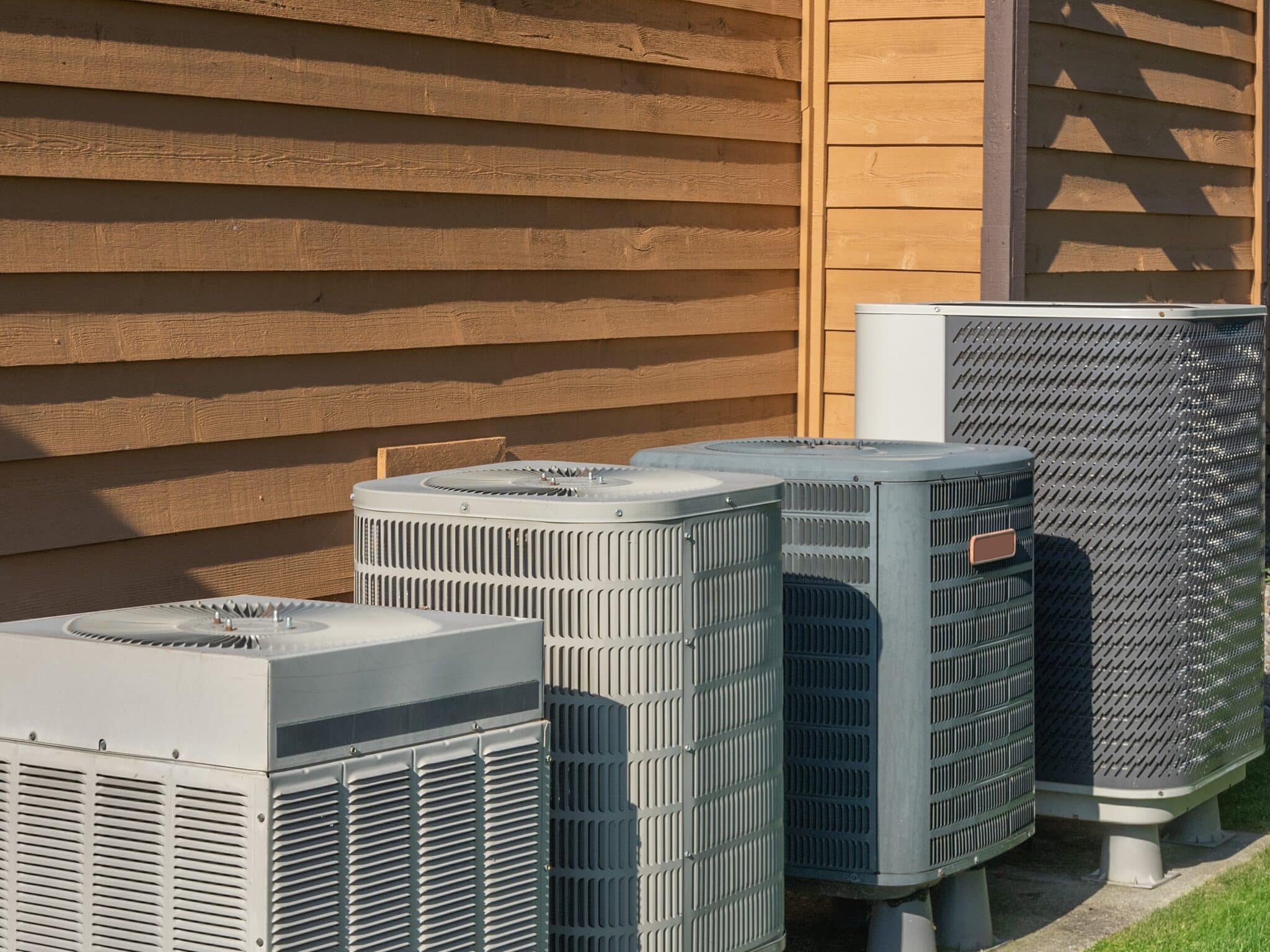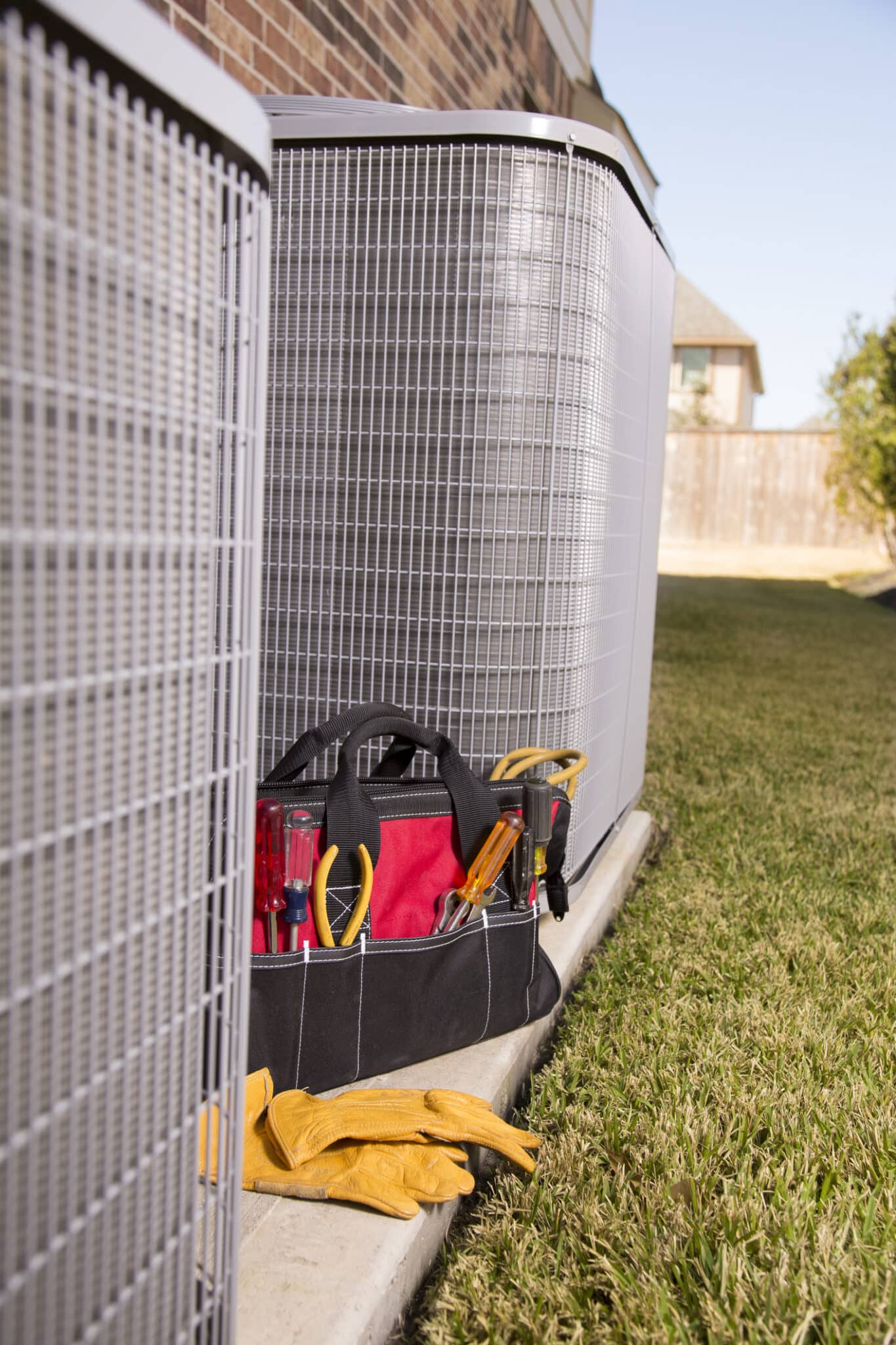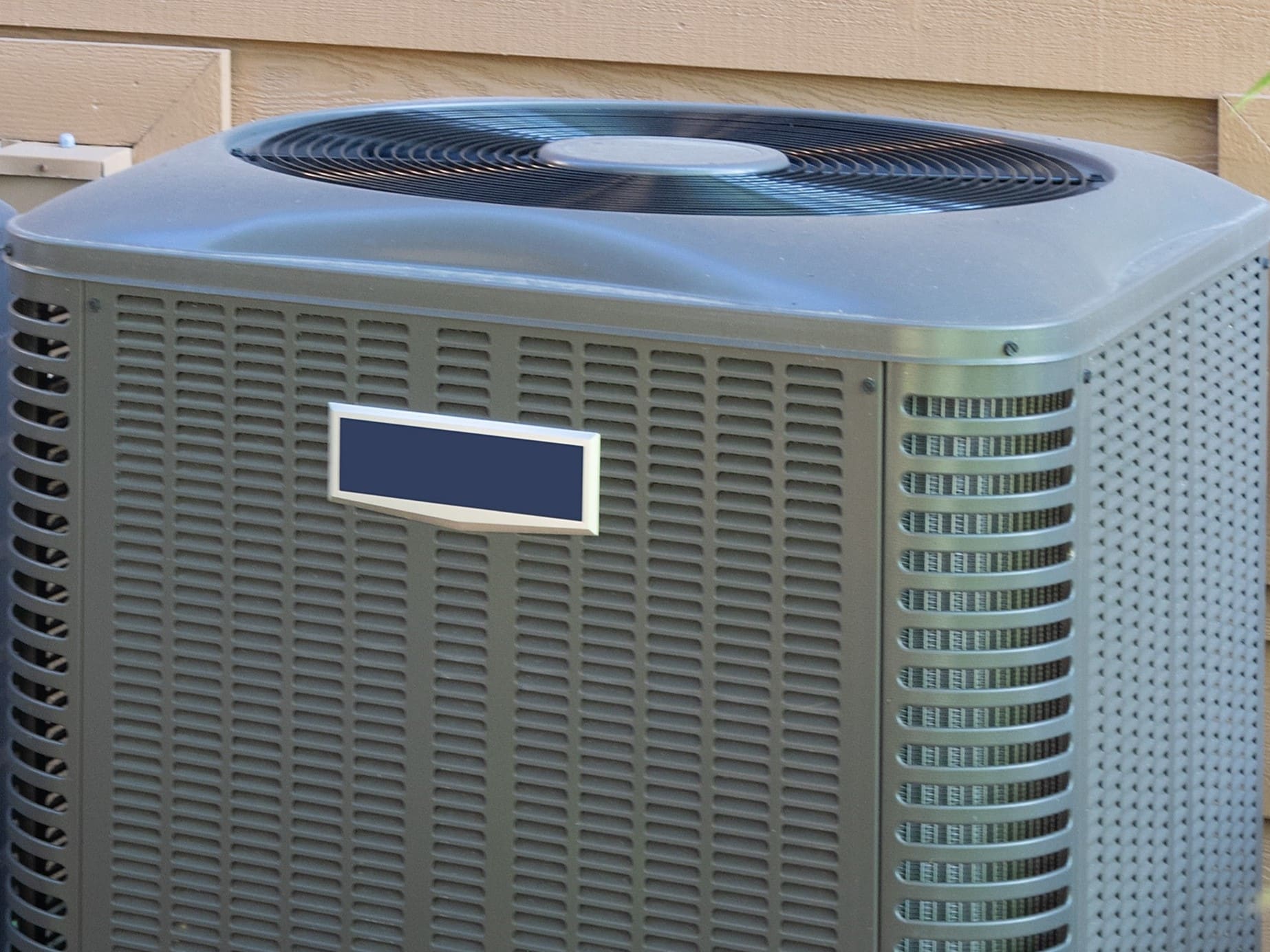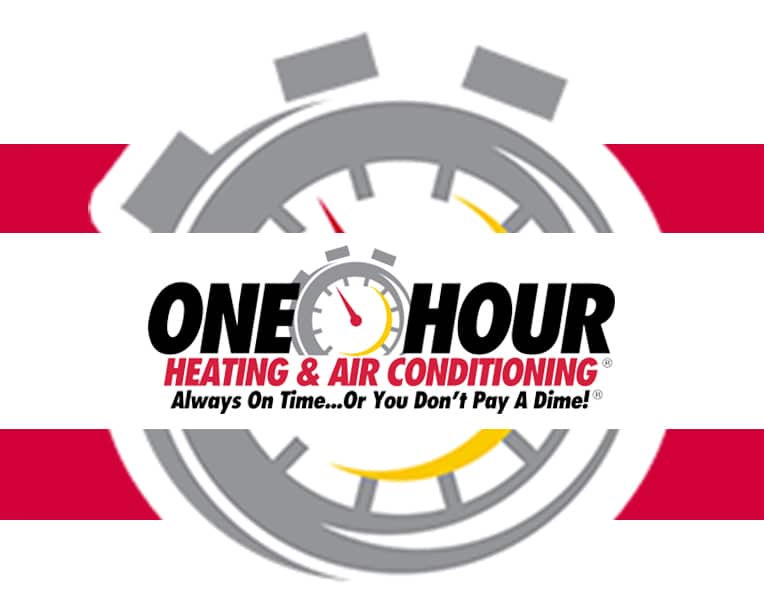Energy-Efficient HVAC – Are high energy bills and uncomfortable home temperatures driving you crazy? Imagine if you could keep your home perfectly cozy while slashing your energy costs.
With energy-efficient HVAC systems, it’s not just a dream—it’s a reality! These systems are designed to provide the perfect balance of comfort and savings.
Whether you’re looking to upgrade your current system or install a new one in your Spring Valley, CA apartment, understanding the benefits and features of energy-efficient HVAC systems is essential. Let’s explore how you can make the most of this smart investment.
Understanding Energy Efficiency in HVAC Systems
Think of it like a smart car that uses less fuel to go the same distance as a regular car. An energy-efficient HVAC system does the same thing with electricity or gas.
It’s built to heat and cool your home more effectively, so you spend less on energy bills and help the environment by reducing your carbon footprint.
Many factors can make an HVAC system energy-efficient. These include advanced technologies like smart thermostats, variable-speed compressors, and high SEER (Seasonal Energy Efficiency Ratio) ratings.
But it’s not just about having the latest gadgets. Proper installation, regular maintenance, and using the system correctly also play crucial roles in ensuring your HVAC system runs efficiently.
Benefits of Energy-Efficient HVAC for Apartments
Reduced Energy Bills
One of the biggest advantages is the reduction in energy bills. Energy-efficient systems are designed to use less power to heat and cool your home, which means you’ll see a significant drop in your monthly utility costs.
Imagine having more money to spend on things you love, rather than paying high energy bills every month. This financial relief can make a noticeable difference in your budget. Plus, the savings add up over time, making it a wise long-term investment.
Enhanced Comfort Levels
Energy-efficient HVAC systems often come with advanced features that allow for better temperature control and air quality. This means you can enjoy a more comfortable living environment, whether it’s a scorching summer day or a chilly winter night.
Improved airflow and humidity control can also enhance your overall comfort. Additionally, quieter operation means less noise disruption in your home. Enhanced comfort leads to a more enjoyable and relaxing living space.
Environmental Impact
By using less energy, these systems reduce your carbon footprint, making them an environmentally friendly choice. Lower energy consumption means fewer greenhouse gases are emitted, helping you contribute to a healthier planet.
It’s a small change that can have a big impact on our environment. Choosing energy-efficient HVAC systems demonstrates a commitment to sustainability. It’s an easy way to do your part for the planet.

Types of HVAC Systems for Apartments
Split Systems
Split systems are one of the most popular types of HVAC systems. They consist of an outdoor unit and an indoor unit, working together to cool or heat your home efficiently. These systems are known for their reliability and performance.
They are ideal for apartments where space might be limited. Additionally, split systems are generally easy to maintain and can be more cost-effective than other options.
Packaged Systems
Packaged systems combine heating and cooling components in a single outdoor unit. This can save space inside your apartment and simplify installation. These systems are particularly useful in smaller apartments where indoor space is at a premium.
Packaged systems are also known for their energy efficiency and convenience. They provide a comprehensive solution for your HVAC needs without taking up valuable indoor real estate.
Ductless Mini-Splits
Ductless mini-splits offer flexibility and efficiency, making them perfect for apartments. They do not require ductwork, which can save on installation costs and reduce energy loss associated with ducts.
Each unit can be controlled independently, allowing for personalized comfort in different rooms. These systems are also quiet and unobtrusive. Ductless mini-splits are an excellent choice for those looking to zone their heating and cooling.
Heat Pumps
Heat pumps are versatile systems that provide both heating and cooling. They work by transferring heat from one place to another, which can be more energy-efficient than generating heat.
Heat pumps are effective in moderate climates and can significantly reduce your energy usage. They are also known for their longevity and reliability. This makes them a great option for environmentally conscious homeowners.
Hybrid Systems
Hybrid systems combine a heat pump with a traditional furnace to optimize energy use based on the temperature outside. This allows for efficient heating and cooling throughout the year.
Hybrid systems automatically switch between the two sources to provide the most efficient and cost-effective climate control. They offer the best of both worlds, balancing efficiency and performance. This makes them ideal for varying climate conditions.
Geothermal HVAC Systems
Geothermal systems use the stable temperatures of the earth to heat and cool your home. They are one of the most energy-efficient options available, though they can be more expensive to install.
These systems provide consistent and reliable performance year-round. Geothermal HVAC systems are also highly durable and have lower operating costs over time. They are an excellent investment for long-term savings and sustainability.
Key Features to Look for in Energy-Efficient HVAC Systems
SEER and EER Ratings
The SEER (Seasonal Energy Efficiency Ratio) and EER (Energy Efficiency Ratio) ratings measure an HVAC system’s efficiency. Higher ratings indicate better energy efficiency, meaning the system uses less energy to provide the same cooling or heating.
Look for systems with high SEER and EER ratings to maximize your energy savings. These ratings are crucial for understanding the long-term cost implications of your HVAC system. Investing in high-rated systems ensures better performance and lower utility bills.
Smart Thermostats and Controls
Smart thermostats and controls can optimize your HVAC system’s efficiency by allowing you to set schedules, adjust temperatures remotely, and monitor energy usage. These features help maintain a comfortable indoor environment while minimizing energy waste.
You can even control these thermostats via your smartphone or voice assistants. This technology ensures your system operates only when needed, saving energy. Smart controls add convenience and enhance the overall efficiency of your HVAC system.
Inverter Technology
Inverter technology in HVAC systems adjusts the compressor’s speed to match the cooling or heating demand, providing more precise temperature control and reduced energy consumption.
This technology leads to smoother operation and fewer temperature fluctuations. Inverter systems are also quieter and more durable than traditional systems.
They offer significant energy savings, especially in variable climate conditions. Choosing an HVAC system with inverter technology ensures optimal performance and efficiency.
Variable-Speed Compressors
Variable-speed compressors can operate at different speeds to match the exact cooling or heating needs of your apartment.
This flexibility allows the system to run more efficiently and maintain consistent comfort levels. Variable-speed compressors reduce wear and tear on the system, extending its lifespan.
They also contribute to quieter operation and improved humidity control. Investing in a system with this feature means better efficiency and lower energy bills.
How to Choose the Right HVAC System for Your Apartment
Assessing Your Cooling and Heating Needs
The first step is to determine your apartment’s specific cooling and heating requirements. Consider the climate in your area, the size of your apartment, and the number of rooms that need temperature control.
For instance, in places like Spring Valley, CA, where temperatures can vary significantly, a system that handles both heating and cooling efficiently is essential.
Considering the Size and Layout of Your Apartment
The size and layout of your apartment play a crucial role in choosing the right HVAC system. A system that is too large or too small for your space can lead to inefficiency and increased energy costs.
Measure your apartment’s square footage and consider the layout, including the number of floors and the positioning of rooms. This information will help you select a system with the appropriate capacity.
Importance of Proper HVAC Installation
Choosing a Qualified Installer
Selecting a qualified and experienced installer is essential for the success of your energy-efficient HVAC system. A professional installer will ensure that the system is set up correctly according to manufacturer specifications.
They have the skills and knowledge to handle any challenges that may arise during installation.
This helps prevent common issues that can reduce system efficiency. Hiring a qualified installer ensures your energy-efficient HVAC system operates optimally from day one.
Common Installation Mistakes to Avoid
Several common mistakes during installation can affect the performance of your energy-efficient HVAC system.
These include improper sizing, incorrect refrigerant levels, and poor ductwork installation. Such errors can lead to inefficient operation, higher energy bills, and frequent breakdowns.
Avoiding these mistakes requires careful planning and expert knowledge. Ensuring your installer follows best practices helps maintain your system’s efficiency and longevity. Being aware of these pitfalls can save you time, money, and frustration.

Maintenance Tips for Optimal HVAC Performance
Regular Maintenance Practices
Regular maintenance is crucial for the longevity and performance of your energy-efficient HVAC system. Schedule professional inspections at least twice a year—once before the heating season and once before the cooling season.
During these check-ups, technicians will clean and inspect all components, ensuring everything is in good working order. Regular maintenance can help prevent unexpected breakdowns and costly repairs. Consistent care ensures your system runs efficiently year-round.
Changing Air Filters
One of the simplest yet most effective maintenance tasks is changing the air filters regularly. Dirty filters can restrict airflow, forcing your energy-efficient HVAC system to work harder and consume more energy.
Replace or clean filters every 1-3 months, depending on the type of filter and usage. Clean filters improve indoor air quality and system efficiency. Keeping filters clean is a quick and easy way to enhance your system’s performance.
How to Maximize HVAC Efficiency in Your Apartment
Insulation and Sealing
Proper insulation and sealing are crucial for maintaining an efficient HVAC system. Insulate your apartment’s walls, attic, and floors to prevent heat loss in winter and heat gain in summer.
Seal gaps around windows, doors, and ductwork to keep conditioned air inside and unconditioned air out.
Good insulation and sealing ensure your energy-efficient HVAC system doesn’t have to work harder than necessary. This not only saves energy but also improves indoor comfort.
Using Ceiling Fans to Assist HVAC Systems
Ceiling fans can complement your energy-efficient HVAC system by improving air circulation. In summer, set fans to rotate counterclockwise to create a cooling breeze. In winter, reverse the direction clockwise to push warm air down from the ceiling.
This simple step can make your apartment feel more comfortable without cranking up the HVAC system. Using fans wisely reduces the workload on your HVAC system. It’s an easy and cost-effective way to boost efficiency.
Programming Your Thermostat
If you have a programmable or smart thermostat, take full advantage of its features. Set temperatures to be higher when you’re away in the summer or lower in the winter.
Program the thermostat to return to a comfortable level just before you come home. This ensures your energy-efficient HVAC system isn’t working hard when it’s not needed.
Efficient thermostat settings can lead to significant energy savings. Smart use of your thermostat maximizes comfort and efficiency.
Common Myths About Energy-Efficient HVAC Systems
There are many misconceptions about energy-efficient HVAC systems. Let’s debunk some of the most common myths and reveal the facts:
- Myth 1: Energy-Efficient HVAC Systems Are Too Expensive: While energy-efficient HVAC systems can have a higher upfront cost, the long-term savings on energy bills often make them more economical. Rebates and incentives can also help offset the initial expense, making it a smart financial decision in the long run.
- Myth 2: They Don’t Provide Enough Heating or Cooling: Energy-efficient HVAC systems are designed to provide consistent and reliable comfort. Advances in technology ensure they maintain ideal indoor temperatures as well, if not better, than traditional systems, without sacrificing comfort.
- Myth 3: Only New Buildings Can Have Energy-Efficient Systems: Many energy-efficient systems can be retrofitted into existing buildings, improving the efficiency of older structures significantly. These systems are versatile and can be adapted to various settings without the need for new construction.
- Myth 4: Maintenance Costs Are Higher: Regular maintenance is essential for all HVAC systems, but energy-efficient models often require less frequent servicing due to their advanced design and durable components. When properly maintained, these systems can have lower overall maintenance costs.
- Myth 5: Energy Savings Are Minimal: The energy savings from energy-efficient HVAC systems can be substantial over time. These systems minimize energy consumption, leading to lower utility bills and impressive cumulative savings, providing both environmental and economic benefits.
Understanding the facts about energy-efficient HVAC systems can help you make a more informed decision.
Ready to Upgrade Your Comfort?
Tired of high energy bills and inconsistent temperatures in your Spring Valley, CA apartment? Upgrade to an efficient HVAC system with One Hour Heating & Air Conditioning San Diego.
Our expert team ensures optimal performance and energy savings. Contact us today at 619-639-4017 to transform your home into a comfortable, energy-efficient haven. Experience the benefits of a reliable HVAC system tailored to your needs.
FAQs
How much money can I save with an efficient HVAC system?
Efficient HVAC systems can significantly reduce your energy bills. On average, homeowners can save up to 30% on their heating and cooling costs by switching to a more efficient system. The exact savings will depend on your current energy use and the efficiency of the new system.
How often should I service my HVAC system?
Regular maintenance is crucial for keeping your system running efficiently. It’s recommended to have your system inspected and serviced by a professional at least twice a year—once before the cooling season and once before the heating season. Regular maintenance helps prevent breakdowns and ensures optimal performance.
What is a SEER rating and why is it important?
SEER (Seasonal Energy Efficiency Ratio) measures the efficiency of cooling systems. A higher SEER rating indicates a more efficient unit, which uses less energy to cool your home. Choosing a system with a high SEER rating can lead to substantial energy savings over time.
Can I install an efficient HVAC system myself?
It’s highly recommended to have a professional install your HVAC system. Proper installation is critical to ensure the system operates efficiently and safely. Professionals have the expertise to handle the complexities of installation and can help avoid common mistakes that could affect performance.
What are the environmental benefits of using an efficient HVAC system?
Efficient HVAC systems use less energy, which reduces your carbon footprint and helps lower greenhouse gas emissions. By choosing an efficient system, you’re contributing to environmental sustainability and helping to combat climate change.



















